Donald Trump’s political comeback in the United States has been welcomed by a few supporters in Europe despite warnings that the upcoming US president could affect the continent’s security, defence, and economic interests.
While some populist politicians called the former US president’s win a political victory, experts have cautioned that Trump’s victory is not likely to help them in the long run.
Here’s a look at who thinks they can benefit or not from an upcoming shift in transatlantic relations.
Who are Europe’s winners post-election?
Hungarian Prime Minister Viktor Orbán was the first European leader to congratulate the incoming US president and hailed the win as a “much-needed victory for the world”, later saying it would bring a “change of minds and ideas”.
Former European Commission Thierry Breton told Euronews this week that Orban would indeed likely be Trump’s main contact in Europe.
Péter Krekó, a political analyst at the Political Capital Institute in Budapest, says while most see Orbán as a likely gatekeeper in Europe to Trump, it’s a “contradictory picture” for how the result will actually impact the country.
Krekó says the Hungarian prime minister is “an increasingly important figure in the eyes of the US Republicans and that’s definitely good for him” and something he can exploit.
But if Trump puts higher tariffs on the German auto industry, for instance, this is something that could hurt the Hungarian economy.
“Diplomatically, it raises (Orbán’s) profile, but economically, it’s hard to see how it could bring real advantages to Hungary,” Krekó said.
Another politician touting Trump’s victory as a win for Europe was Matteo Salvini, Italy’s deputy prime minister, who hailed Trump’s “great return”, and said the incoming US president’s leadership “can only do good for Italy, Europe, and the entire world”.
Hendrik Vos, a professor of political science at Ghent University in Belgium, said those claiming to benefit from a Trump administration share views on migration and traditional values but also have a similar style of participating in politics.
“They are highly polarising, fiercely attacking political opponents and making things as difficult as possible for the opposition. They break the rules of the democratic political game, and for this, Orban and Salvini are regularly called out in Europe,” Vos said.
“With Trump becoming president in the United States, they would view it as a validation,” he said.
Yet Trump’s political agenda remains one of prioritising US interests above all else, experts say.
The Republican party’s platform, written with intonation reminiscent of Trump’s style, reads in large letters “America First”, and says that previous US leaders sold jobs overseas and had a “blind faith in the siren song of globalism”.
“If Trump has to choose between American interests and those of Hungary or Italy, he will always prioritise the American ones,” Vos said, saying Orban and Salvini shouldn’t expect any favours.
Who are Europe’s political losers?
There’s wide agreement that Trump’s win will reverberate across Europe with an impact on businesses, defence, and security.
Mai’a Cross, director of the Center for International Affairs and World Cultures at Northeastern University in the US, said the Trump election will likely be very concerning for France and Germany as “key powers when it comes to European security and defence”.
But Cross said no matter what Trump’s policies “are going to be harmful to Europe in general” from potential higher tariffs on imports to a likely influence on stability in the region.
“I think in the longer run, while that might be sort of adding some sense of renewed support for the anti-immigration, xenophobic stance of many far-right groups in Europe, it won't help them because voters are going to see that,” she added.
At a meeting of the European Political Community in Budapest, French President Emmanuel Macron said it was not his role to say whether Trump would be good or bad for Europe.
“He was elected by the American people, and he is going to defend the interests of Americans. It’s legitimate and a good thing,” Macron said. “The question is whether we are ready to defend European interests.”
There has been a similar message from other European leaders, with Polish President Donald Tusk warning ahead of the elections that Europe’s future “depends first and foremost on us”.
A particular concern for leaders is the future of US support for Ukraine and NATO, with Trump encouraging Russia to attack countries that don’t spend enough on defence.
Overall Vos warns, “It’s not just that some leaders explicitly support Trump”.
“There will also be countries inclined to buy weapons from the United States or to make favourable bilateral agreements with the Trump administration,” he said.
“Trump will certainly try to play EU member states against each other. Preventing this will be a crucial task for the European Commission,” he added.
Krekó said that while Trump’s win can “boost the popularity of the populist right on the short run, on the middle and the long run I think it’s a real question about how this relationship with Europe evolves”.

 5 months ago
44
5 months ago
44
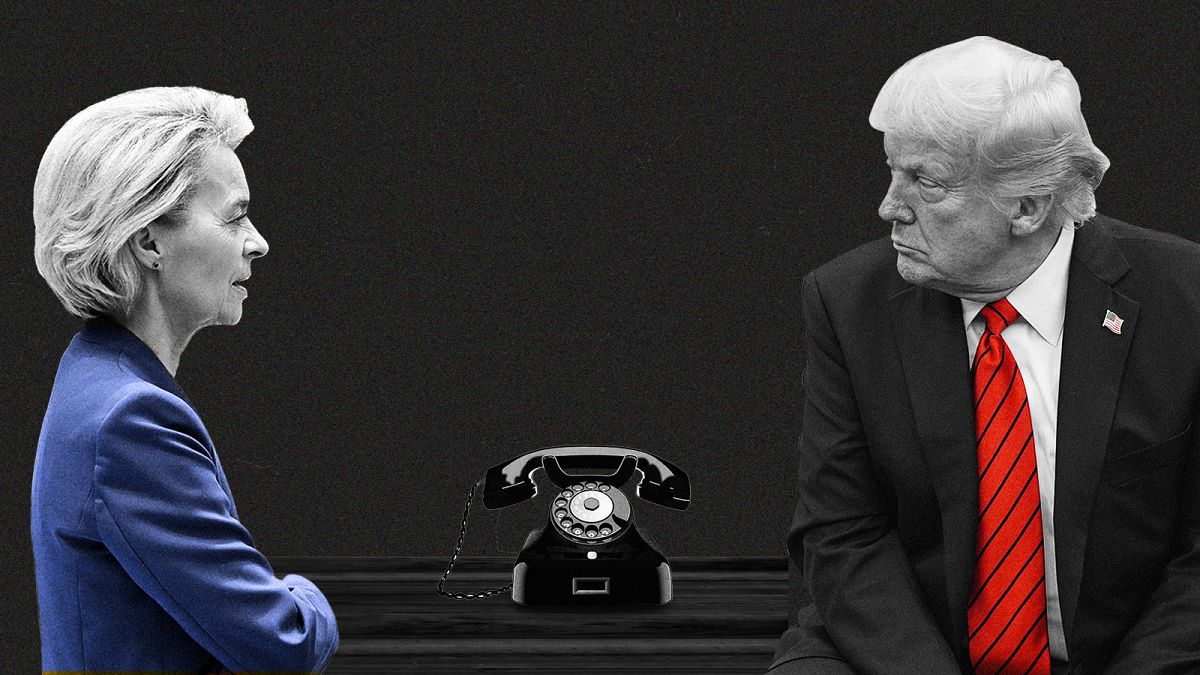
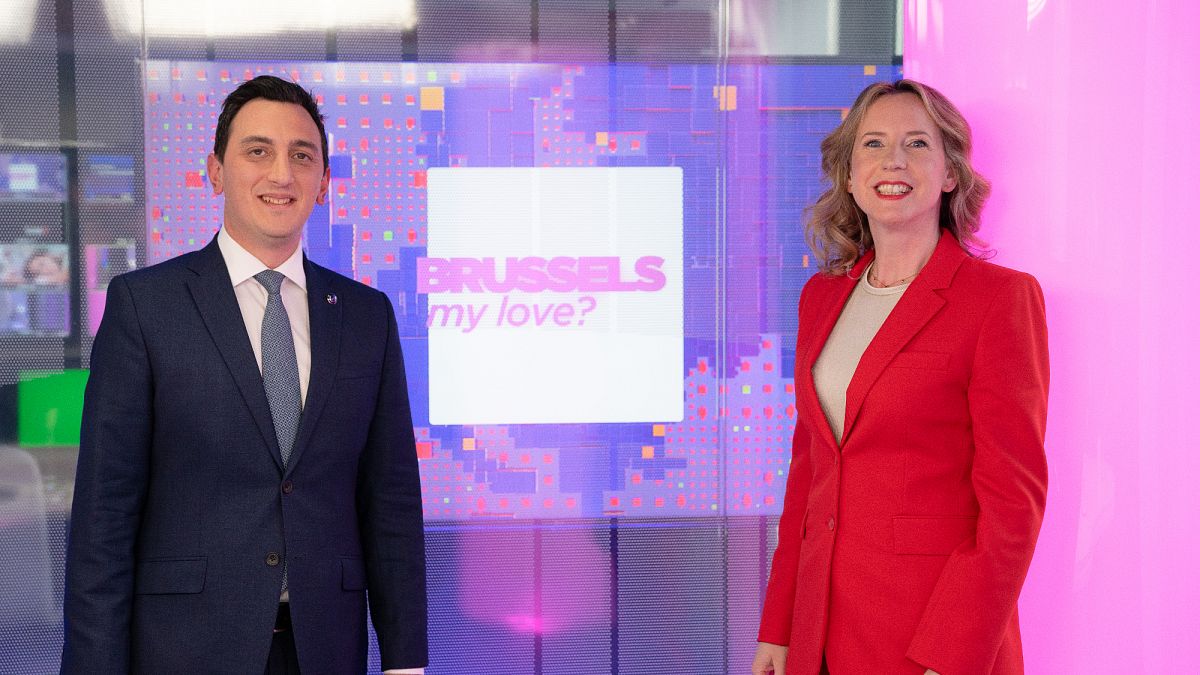
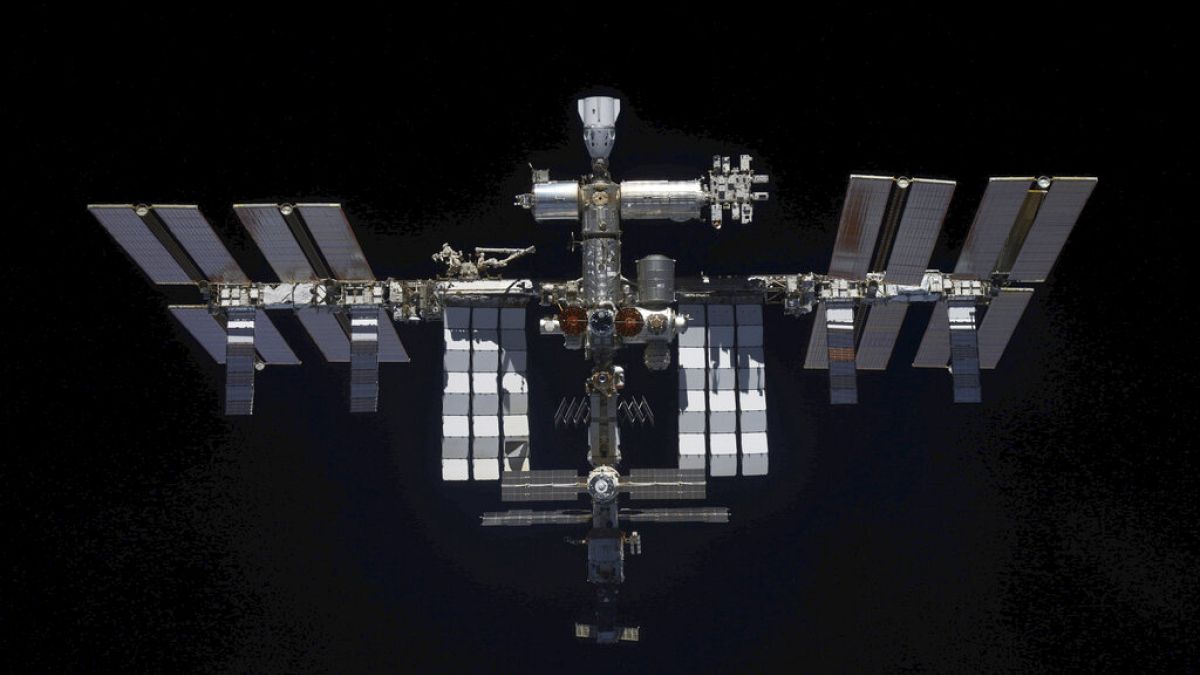
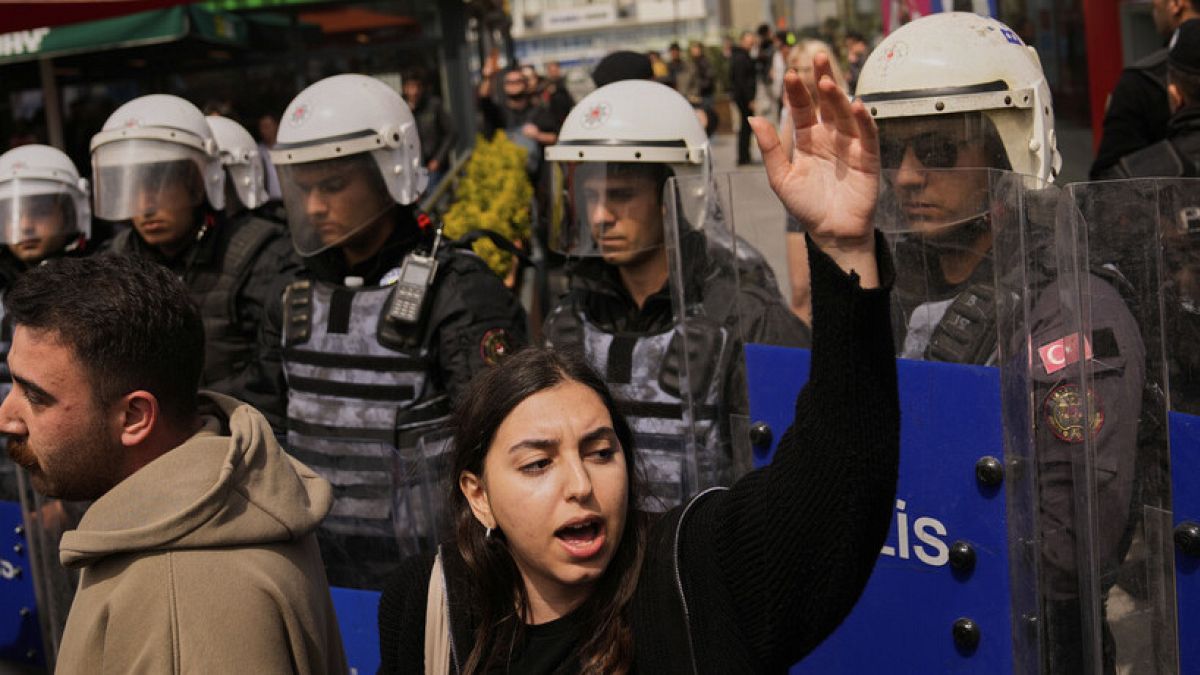
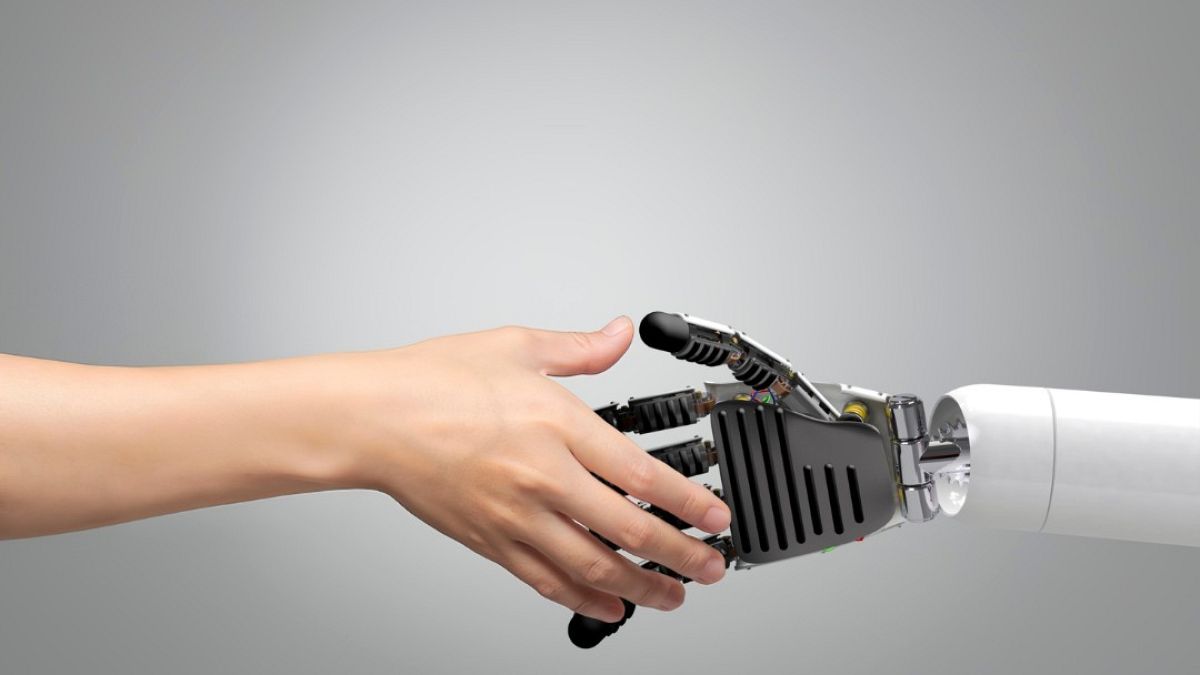
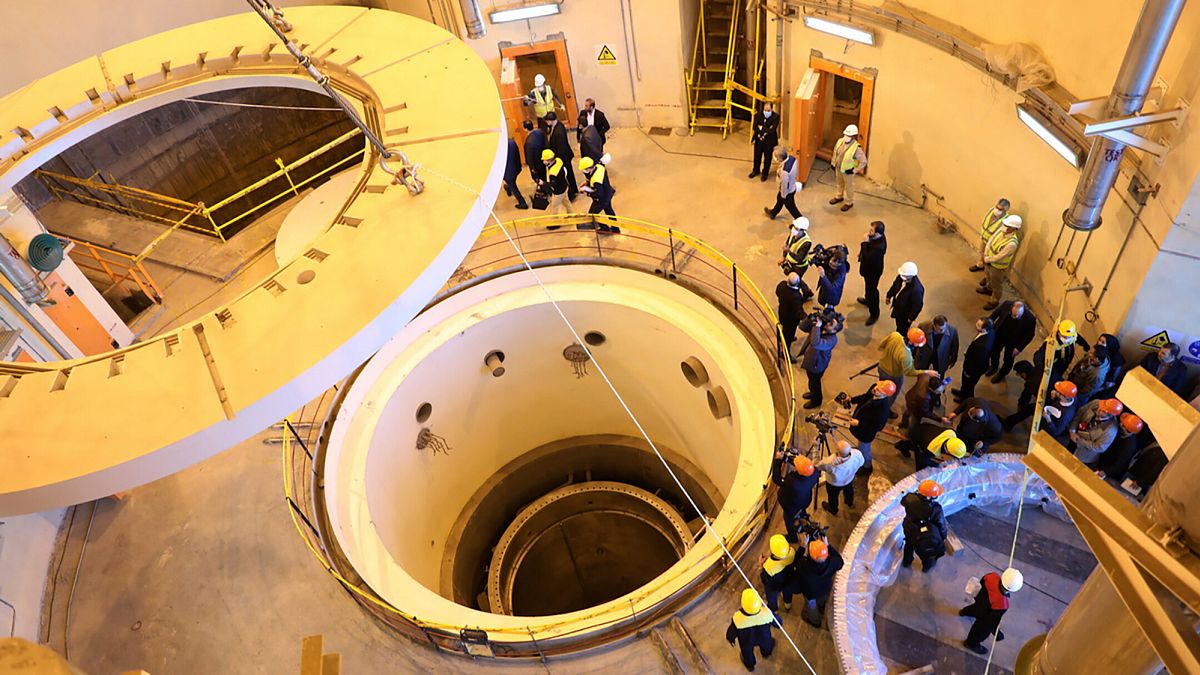
 We deliver critical software at unparalleled value and speed to help your business thrive
We deliver critical software at unparalleled value and speed to help your business thrive






 English (US) ·
English (US) ·